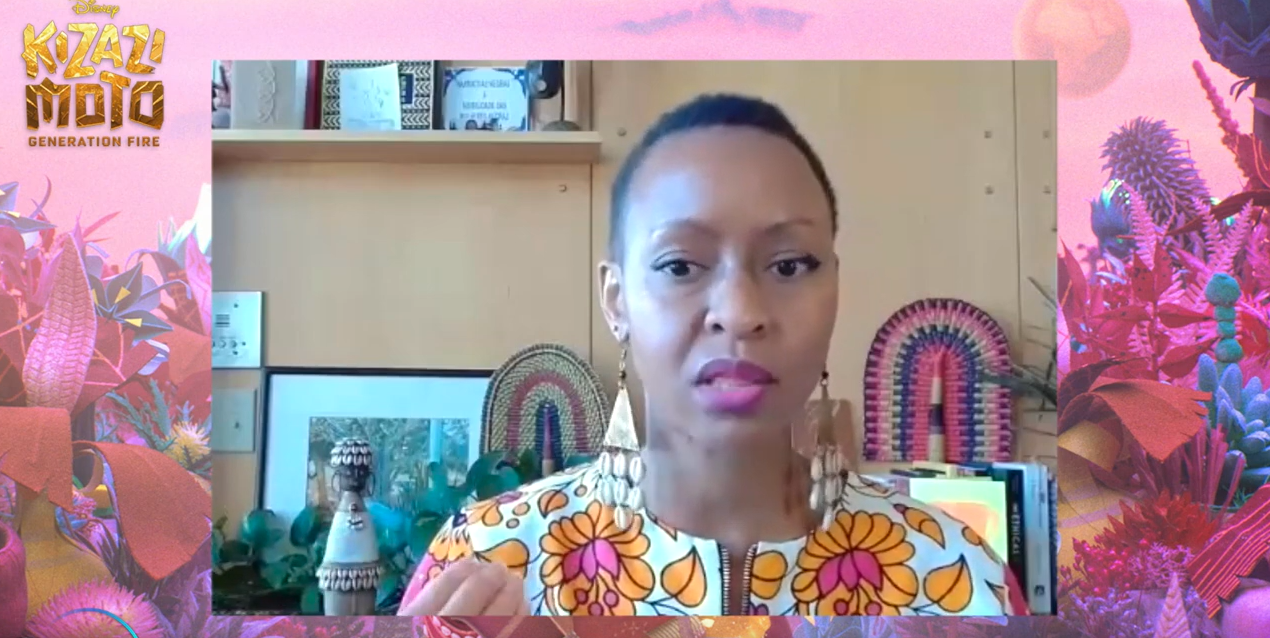When I was invited to review a play entitled, “Honky” taking place at Urban Stages, located at 259 West 30th Street in Manhattan, naturally I was quite curious. The word “Honky” as all know, is generally associated with a derogatory term used to address Caucasians.
However, as I see it, Honky is a term which musters little gas to drive the hate machine. In fact, I rarely hear the word used. It certainly doesn’t have the power that the “N” word holds, so I thought to myself, what’s this play about. As it turns out, it’s a dark comedy written by Greg Kalleres, a Caucasian playwright interested in and attempting to explore the muddied waters of racism.
Directed by Luke Harlan, “Honky” is about the tug of war between Thomas, a Black shoe designer, (played by Anthony Gaskins) and executives of a White advertising agency that discover they can exploit consumers by selling them Thomas’s sneakers using the selling point that these sneakers are so desirable, people are willing to kill to get them.
After a young Black teen is killed for his trendy basketball sneakers, called SKY MAX, Davis, (Phillip Callen) the CEO of the shoe company that distributes the shoe, decides the shoes which were primarily being marketed to the Black population, were becoming a hit with white teens since their ad campaign made the shoes a trendy must-have shoe.
Davis can’t contain his glee as he sees mucho dollars could be made off Black gang violence. Blinded by money and little conscious, Davis enthusiastically informs Thomas that his Sky Max shoes, originally designed for the urban market, would now be expanded to the White market. Davis does not understand why Thomas is not excited by the opportunity to widely distribute his shoes to both markets.
In some sense, Thomas feels he is losing control over his design and his intent to give the Black consumer something exclusively made for them. Meanwhile, Peter, the White ad executive portrayed by Dave Droxier, feels guilt over the death of the Black teen, blaming himself for writing the Sky Max ad.
He conveys this fact to his gabby girlfriend Andie (Danielle Faitelson), whose often indiscrete mouth gets her in trouble. She informs him the shoes are ugly and Black folks are always killing each other over something or other, so why would he think his ad was responsible. She tells him he is making money, so what’s the problem. Coincidentally, Andie later sees Peter as weak and directs her attention towards Thomas.
Chocolate and vanilla do make for a tasty dish and before long, Andie is hooked on chocolate. So much so, she is willing to do whatever it takes to keep her Black lover, even promising to keep her mouth shut.
Unaware he has lost his girlfriend, but no longer feeling their closeness, Peter sees a psychiatrist to deal with his guilt, only to find his psychiatrist (Arie Bianca), is a woman and Black. As it turns out, Emilia, the psychiatrist, has her own issues since her practice is mainly comprised of White clients, whose issues hardly compare to the issues of her people, so she had to put on a smiling face each day when she literally feels like screaming. Emilia needs a chill pill.
Via his play, Kalleres makes an attempt to deal with the issues of race and how race is often used by advertising agencies to sell a product. The playwright also addresses the issue of White guilt, albeit on a surface level. What is Kalleres amusing solution to resolve the problem of racism? Why take a pill!
Again, advertisers find a way to profit by offering racists, and racists in denial, a way to resolve White guilt. But they don’t stop there… Black people can take the pill too. However, Black folks take the pill to escape the oppression of racism.
Step right up ladies and gentlemen, get your solution — take Driscotol, the new cure-all for racism and all the ugly feelings that come along with it. Via his pill, Dr. Driscotol, assures racist that even if they think they are not racist, they are. But don’t worry, just one daily capsule is guaranteed to eliminate all the deep-seeded hatred and ignorance of racism. You are hereby absolved.
Honky is unique in its scope and the sets are imaginative. It certainly is a play that warrants discussion. And really, any discussion that can delve into an issue so deeply sown into the fabric of America is well worth exploring. After the play there is an opportunity to speak your mind and who knows, maybe a lesson can be learned by all.





